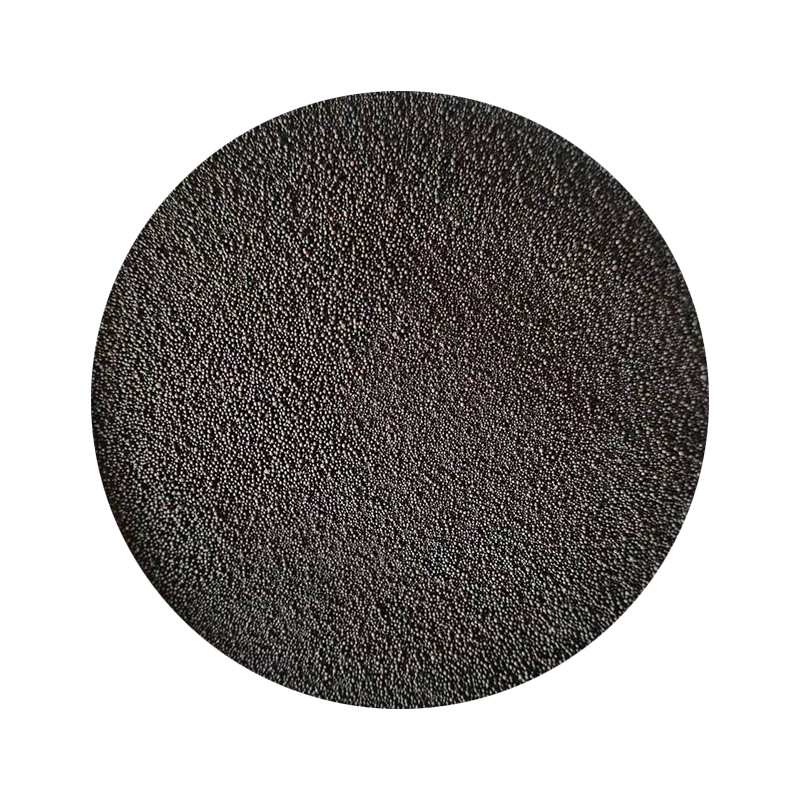Furan Resin Sand Casting A Comprehensive Overview
Furan resin sand casting is a sophisticated metal casting technique that utilizes furan resin as a bonding agent in its sand molds. This method is widely adopted in various industries due to its distinct advantages over traditional casting methods. Its versatility and ability to produce high-quality castings make it an essential process in modern manufacturing.
What is Furan Resin?
Furan resin, a type of thermosetting resin, is derived from furfural, an organic compound produced from agricultural byproducts. It is known for its excellent thermal stability, resistance to chemicals, and high strength. These properties make furan resins particularly suitable for high-temperature casting processes. The resin is mixed with sand to create a mold that can withstand significant thermal and mechanical stresses.
The Casting Process
The furan resin sand casting process begins with creating a pattern, which is typically made of metal or plastic. This pattern is used to form the mold. The sand used in this process is mixed with furan resin and a hardener, typically at room temperature, which initiates the curing process. The mixture is shaped around the pattern, and once the mold hardens, the pattern is removed, leaving a detailed mold cavity.
Afterward, molten metal is poured into the mold. The furan resin mold allows for exceptional accuracy and detail, capturing even the finest features of the pattern. Once the metal has cooled and solidified, the mold is broken away to reveal the final casting.
Advantages of Furan Resin Sand Casting
furan resin sand casting

2. Excellent Surface Finish Castings produced using furan resin sand casting often have a smoother surface finish compared to those made with traditional sand casting techniques. This reduces the need for extensive post-processing work.
3. High-Temperature Resistance Furan resin molds can withstand higher temperatures, making them suitable for casting metals with high melting points. This feature is particularly useful in industries such as aerospace and automotive, where high-performance materials are crucial.
4. Chemical Resistance The furan resin is resistant to various chemicals and does not degrade easily, which helps in producing durable castings even in harsh operating environments.
5. Environmental Benefits Furan resin is derived from renewable resources, and its use contributes to a more sustainable manufacturing process. Additionally, the sand used in furan resin sand casting can often be reclaimed and reused, reducing waste.
Applications of Furan Resin Sand Casting
Furan resin sand casting is utilized in a wide range of applications. It is commonly employed in the production of automotive components, valve bodies, pump housings, and intricate machinery parts. The method is also favored in the manufacturing of artistic sculptures and decorative metalwork, where detail and finish are pivotal.
Conclusion
Furan resin sand casting is a highly effective and versatile method of producing metal components that meet the demands of modern engineering and manufacturing. Its ability to produce high-precision, high-quality castings while minimizing environmental impact underscores its value in various industrial applications. As technological advancements continue to evolve, the use of furan resin sand casting is expected to grow, paving the way for even more innovative applications in the future.
Post time:Aug . 18, 2024 15:52
Next:Resin and Sand Mixture for Enhanced Strength and Durability in Construction Applications
